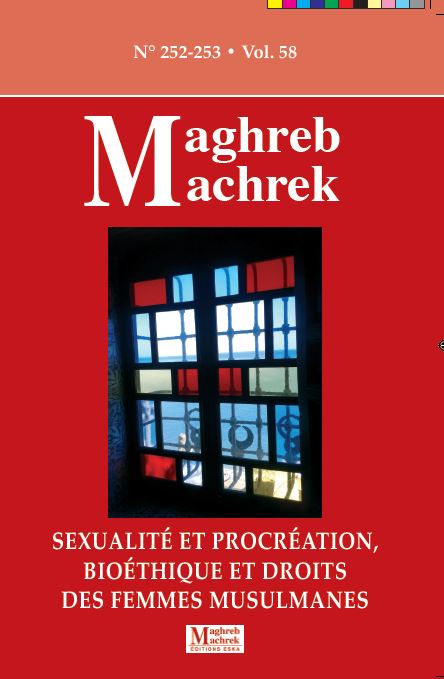BODY AND SEXUALITY OF WOMEN IN MOROCCO BETWEEN LAWS, CULTURE AND SOCIAL PRACTICES
DOI:
https://doi.org/10.54695/machr.252.0041Keywords:
Morocco; Patriarchy; Repressive laws; Sexuality; WomenAbstract
For decades, influential Moroccan feminists have been calling for gender equality at all levels of society by systematically denouncing the Family Code and the Penal Code that deprive them of full and complete equality in both the private and public spheres. However, until the “Arab Spring,” issues related to women’s bodies and sexuality were still taboo subjects. Yet these are central issues in Morocco and the majority of Muslim societies, where “the honor of men depends on the bodies of women.” Nevertheless, since the uprisings in Morocco and across the Arab world, young subversive feminists are no longer hesitating to publicly address the issue of the body and sexuality, and are advocating the right of women to use their bodies as they wish. The historic manifesto of the Collectif 490 “Hors-la-loi,” published in Morocco in September 2019—equivalent to the “Manifeste des 343 salopes” in France in 1971—perfectly illustrates this on-going revolution. Supported by a wide section of civil society, the authors of this manifesto denounce the obsolete nature of the repressive laws penalizing abortion and sexual relations outside marriage, laws that push Moroccan society, divided between a conservative and a modern social project, into social hypocrisy and clandestine practices deemed illegal. Can this historic moment become the foundation for a veritable egalitarian and democratic revolution in Morocco?







